6 Savvy Wine Ordering Moves to Wow Your Clients
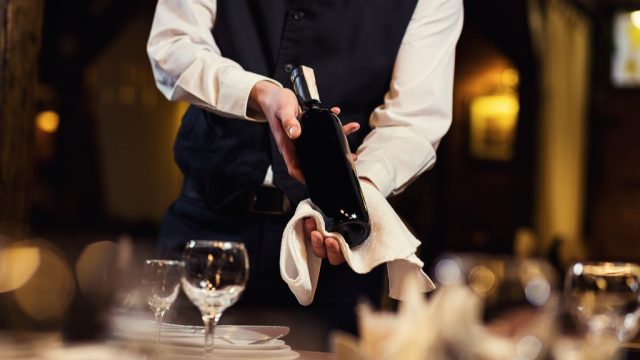
Ordering wine on a date is nerve-wracking enough. But trying to navigating a book-length wine list in front of a potential client, whom you’re courting for an investment? Yeah. You better know your stuff. Here are six strategies for nailing the order and ensuring you’re knowledgable without being insufferable—straight from top sommeliers and wine experts themselves. And while you’re boning up on your table manners, don’t miss the 7 cardinal sins of fine dining.
1
The the Food Drive the Conversation
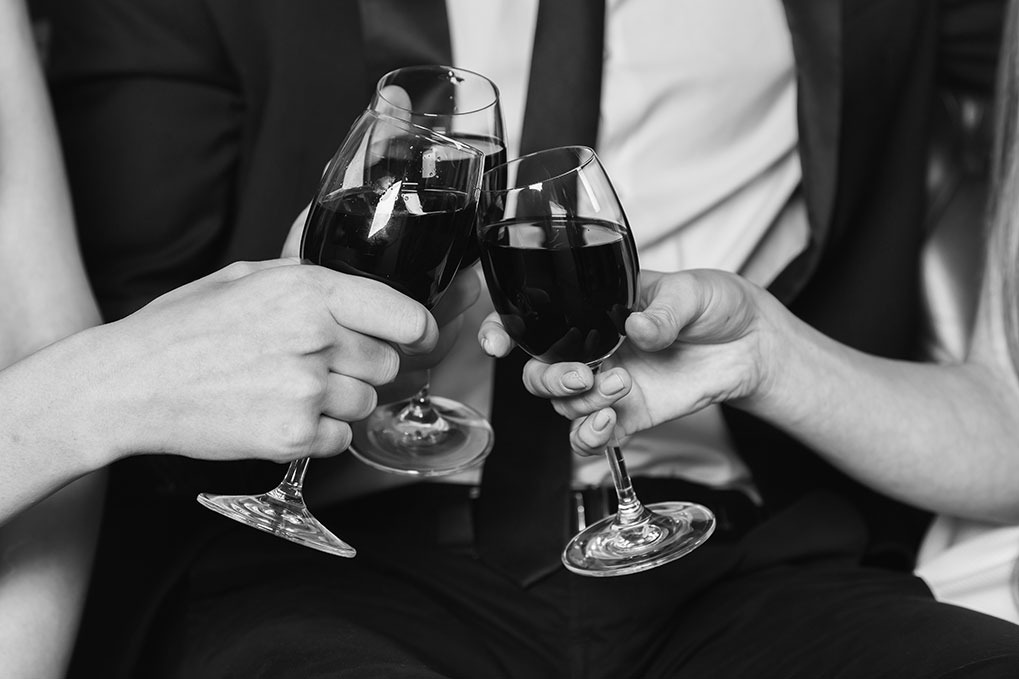
The best way to order wine when out with a client is to talk about the food. “Always check what your guests would like to eat that evening and then build around that,” says Robby Younes, vice president and wine director at Crystal Springs Resort in Hamburg, NJ. “The main reason these clients go to a restaurant is for the cuisine and a good wine only adds to the experience. Never build the story around the wine—you’re not In a tasting room, so build the experience around the food.”
2
Make it All about the Client

“Ask your guest what they have been drinking recently,” suggests Younes. “Then ask if they prefer to order by the bottle or by the glass where they can match different wines with the courses.”
Sandy Block, vice president of beverage at Legal Sea Foods, agrees. “Before even talking to the service personnel, you must ask the client: Do you have any favorite categories of wine? Anything you’re in the mood for today? Have you chosen a dish from the menu?” says Block. “The answer is most likely to be something vague and general like, I love red wine, or, I’m a big fan of Sauvignon Blanc, or I like pretty much everything except oaky Chardonnays, or they serve the most delicious Lobster Bisque here.”
Lauren Rose, a sommelier in Northern California, suggests asking the table, “stylistically, what does everyone drink?” The question opens the floor for maybe a wine newbie to use the wine vocabulary that they are comfortable with. “Categorizing wine into Old World (European regions) and New World (Americas, Australia, New Zealand) can help narrow down a style of wine you or a client are on the hunt for,” says Rose. “New World wines tend to be higher in alcohol and sugar with a larger oak presents while old world wines are higher in acidy and have a stronger aroma of terroir (the soil they come from).”
3
Never Order the Most Expensive Bottle
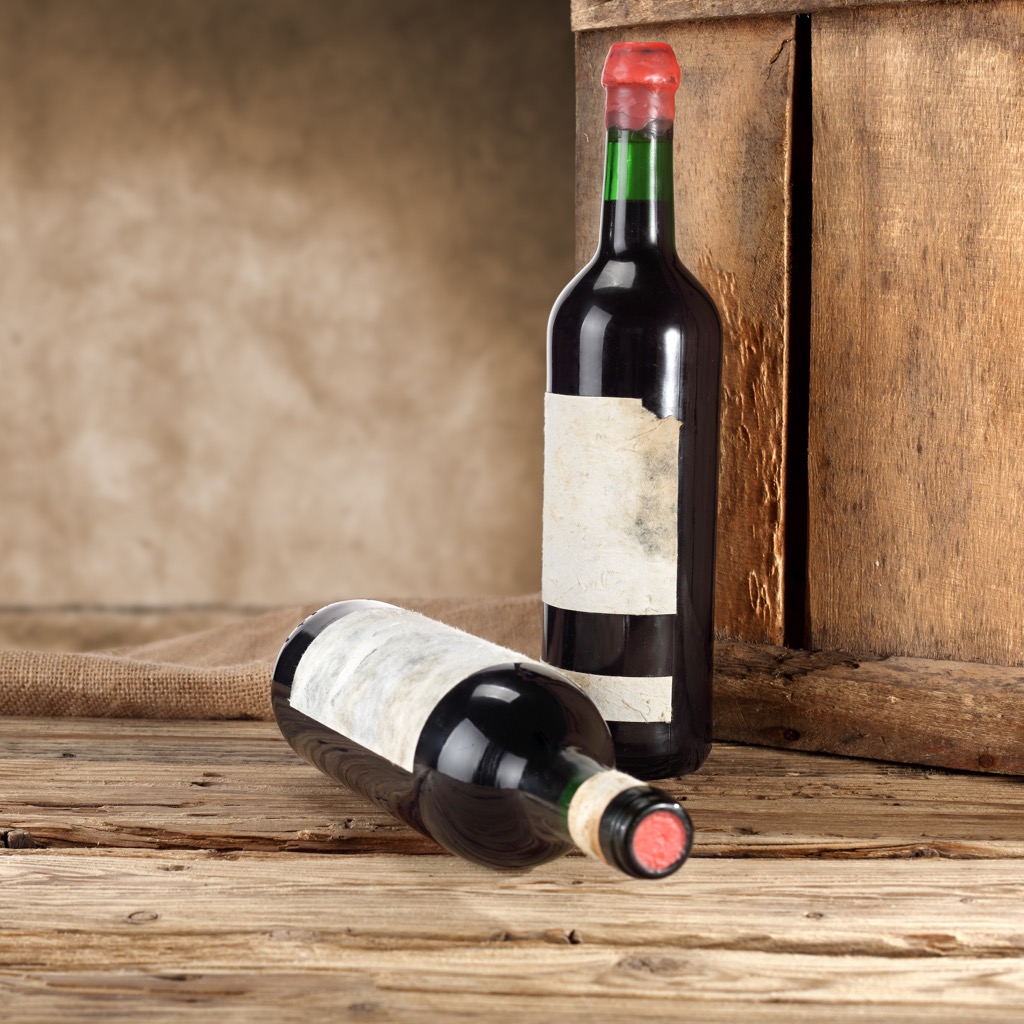
“it makes you look a little ostentatious,” says Ricardo Zarate Jr., sommelier and general manager of Bellamy’s in Escondito, CA.
A client wants to feel well-treated by you and your company and it’s important to project an image of success, stability, and prosperity. But you also want to convey that you are responsible and competent. Ordering the most expensive bottle on the menu may end up doing just the opposite. But perhaps even more importantly, ordering the pricey bottle might paradoxically leave you with sub-par wine.
“The most expensive bottle on the list is (with tiny, tiny exceptions) never the best bottle, nor the most interesting,” says Zarate.
At the end of the day, price is rarely the best way to assess a wine’s quality. You should also make sure you aren’t buying counterfeit wine.
4
Match the Wine to the Occasion
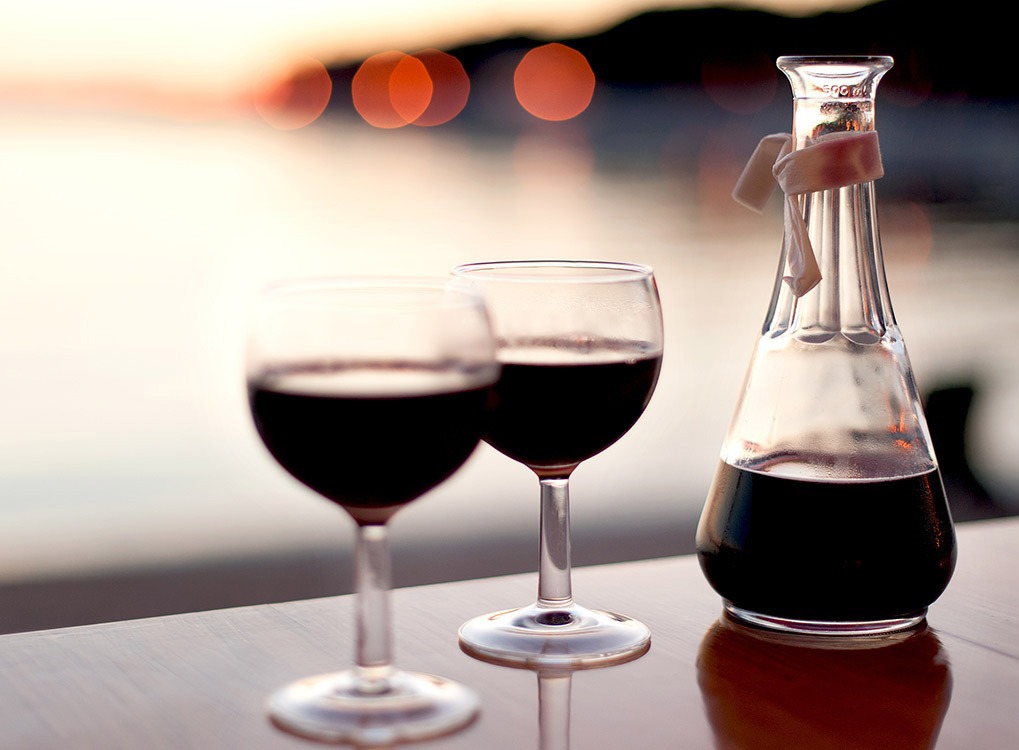
“Have a guest visiting from abroad or from out of state? This is an excellent time to showcase a local wine, or alternately, a wine from where the guest calls home,” says Zarate. “Of course, try to do some research beforehand to make sure that what local wines are great—the last thing you want to do is order a local wine and have it be less than palatable.”
He gives the example of a guest he had at Bellamy’s who made an excellent impression on their client by ordering a Spanish red, which his guest, a Spaniard, greatly appreciated.
5
Watch Your Language

Once you get some input from the client, how you order is as important as what you order. Block emphasizes that there are certain subtle buzzwords you may use when consulting with the waiter or sommelier to indicate your insider status/sophistication/level of confidence and flexibility.”
He gives a few examples of good ways to frame your order to the server. For example: “We’d like to start off with a wine that isn’t too well known but might be a personal discovery of the sommelier’s and that pairs up really well with the (whatever dish you’re thinking of ordering).”
Or: “What do you have that’s distinctive from Alsace (or the Loire, or Austria, Rueda, or some other region that is not too obscure but is just off the radar screen enough to indicate that you know what you’re doing) and that would be great to start off with the Lobster Bisque?”
Or: “Are there one of these that you’re more passionate about if we were to order the (whatever you’re thinking of ordering) for dinner?”
Block maintains that at a good restaurant, the response is likely to include several alternatives, at which point you can consider throwing in a few “non-geeky buzzwords” as he calls them. These include minerality, perfume, and concentration.
“What’s essential is to stay away from any technical geek talk, such as pH level, malolactic fermentation, or overly flowery descriptions, such as hyacinth blossom with a hint of toasted amaranth, which might turn your client off or make them feel left out,” says Block.
6
Treat the Server Like You Treat the Client
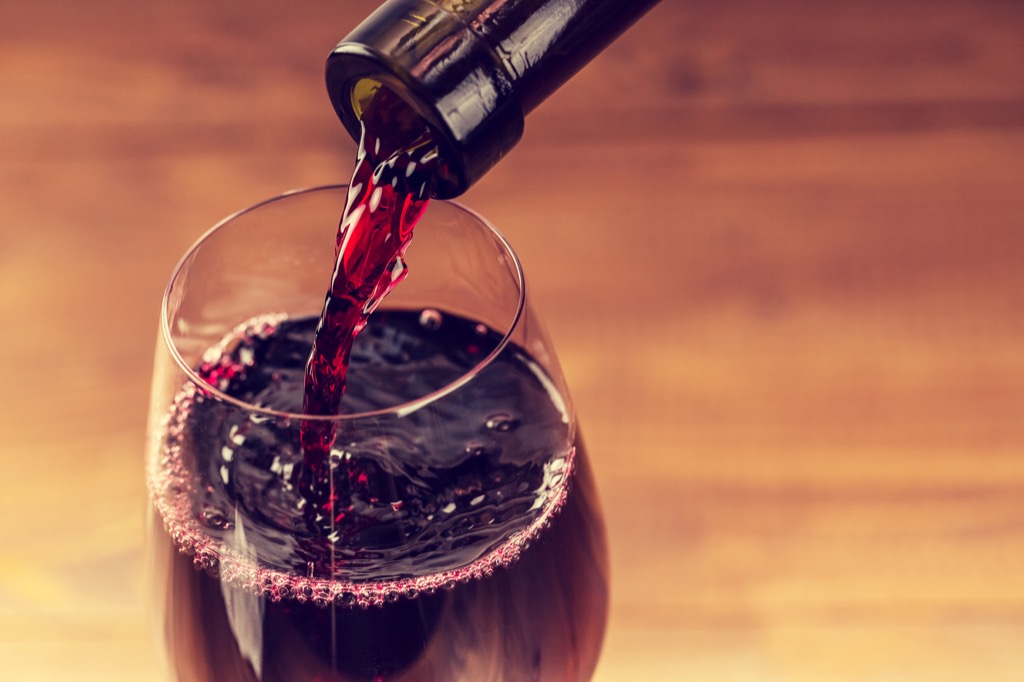
Women know that when going out on a first date, the way a guy treats a server is a good indication of how he will treat her when he’s not on his best behavior. The same is true for clients. “You are being observed and the client you’re entertaining is thinking, ‘however he or she handles this interaction is indicative of how I will be treated,'” says Block.
That means asking questions in a respectful, clear, decisive and warm manner. Approach it as a collaboration with the client, sommelier, and yourself, so that the final decision feels like a choice all three have had some input in and will feel satisfied with. “Don’t try to intimidate the server or impress them with your knowledge, don’t brag about great bottles of wine you’ve had in your life. Play it low key, but confident,” says Block.
Zarate suggests taking this connection to the server even further. He recalls one occasion when he actually called the restaurant he was going to for an important evening a week before and discussed the wine selections for that night.
“Over the course of a few emails, we got everything sussed out before I even arrived for dinner,” he says. “Don’t be afraid to call ahead and ask for suggestions ahead of time, or to allow the restaurant to prepare ahead of time. When the time comes, the restaurant will appreciate your advance notice, and your client will be impressed by how smoothly you order and how prepared you are.” Next up, wine lovers, check out advice from the world’s number one wine expert on how to start a wine collection.
For more amazing advice for living smarter, looking better, feeling younger, and playing harder, follow us on Facebook now!